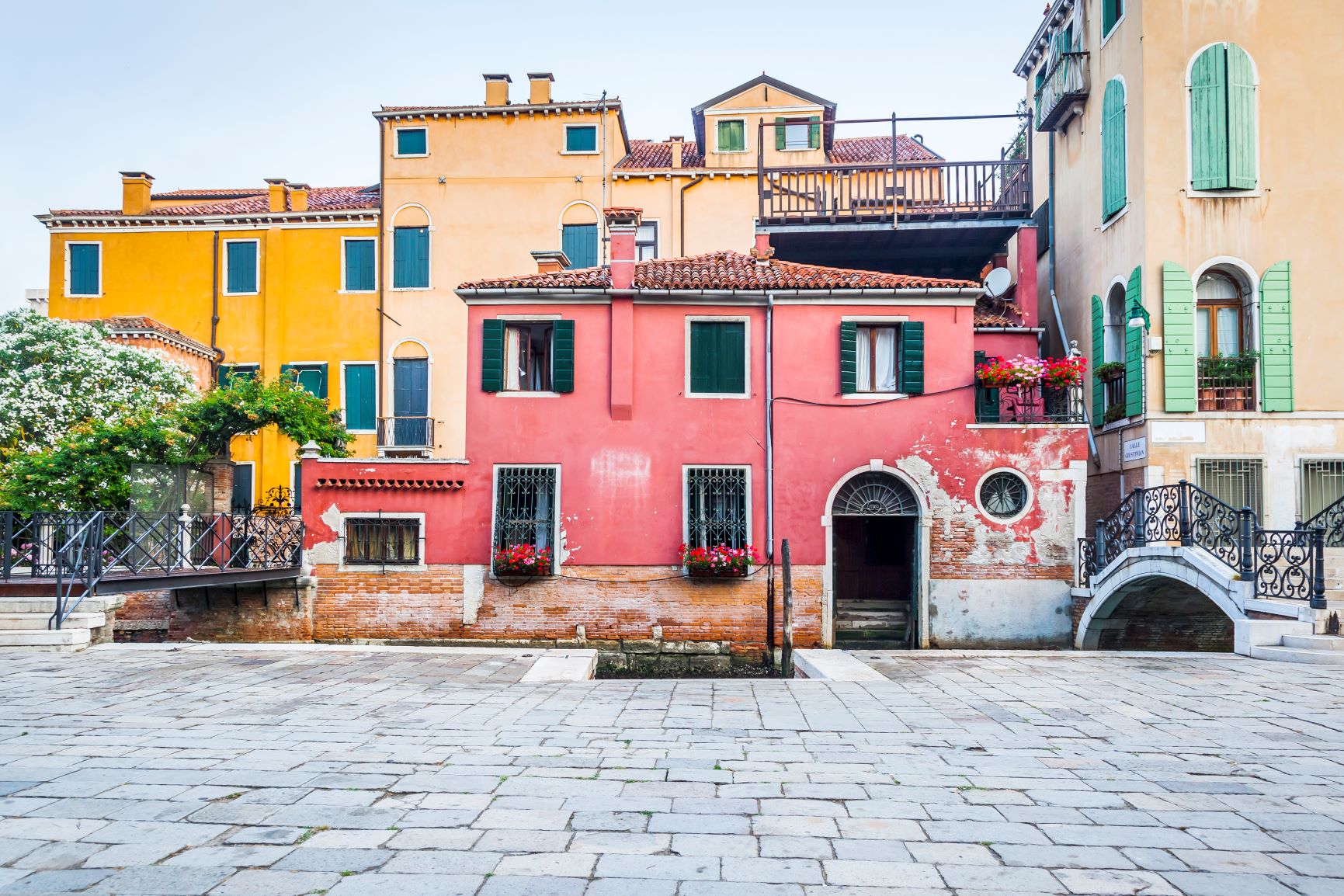Ever since the tragic death of George Floyd, the most common comment made by Italian people below social media posts regarding the incident is: “Luckily these things don’t happen in MY country!” As a fellow white Italian who likes to believe she’s aware of social injustices in her own country, I don’t know whether to laugh, roll my eyes, or type out a furious response. Let’s face it: Italy is western Europe’s most racist country.
This is not just my personal opinion, but it is a well-documented fact. Harvard University’s Project Implicit gathered data from the entire continent from 2002-2015 to investigate the correlation between non-white skin colour and social prejudice. Italy stands with a staggering score of 0.4 – the maximum being 0.45 on Harvard’s scale. Higher scores than Italy only appear in eastern Europe, which gives us an infamous reputation between so-called “developed western European nations.” Therefore, are we sure that Italy is a utopic non-racist country, or are we just turning a blind eye to the issue? Let’s debunk the myth of Italy not participating in systemic racism.
To start, we need to address the evident lack of knowledge about Italian colonialism in Africa. Individually and institutionally, we like to erase the part of history where we brutally colonised Libya, Eritrea, Somalia, and occupied Ethiopia. Surely, in a country where people seem to think that the African continent is, in fact, a single country, this does not come as a surprise. Our Minister of Foreign Affairs, Luigi di Maio, once said that we have so many African immigrants because of the effect of French neo-colonialism on their countries. This, in essence, puts the blame on other nations without acknowledging our own responsibilities.
This is worsened by the fact that Italian colonialism forms a minor part of the Italian curriculum, which renders it difficult to become aware of our past actions. As we all know, the 19th-century ‘Scramble for Africa’ – which stemmed from extremely racist Darwinist theories – left a deeply engraved stigma about people of colour, especially black people of African descent. Due to these historical events, we stereotype black people as dirty, uneducated, and poor. Moreover, black women suffer the terrible stigma of being perceived as prostitutes, which comes from the trade of African sex slaves during colonialism and the modern human trafficking trade of Nigerian women. From this, it should be apparent that Italians are not in a position to have an open and honest discussion about racism on a global scale. How can we, if we are not even aware of our past, and the deeply rooted consequences it has on our mindset? Indeed, as Somali-Italian author Ingiaba Scego points out, by acknowledging our colonialist roots, we would have to re-challenge our relationship with fascism. That would lead us to an uncomfortable truth: we are culturally and violently racist.
Nonetheless, thousands of citizens gathered in the biggest cities of the peninsula in solidarity with the American Black Lives Matter movement, outraged at the horrific death of a black man. This may prove that society is evolving, but it also can be seen as a token of hypocrisy. In fact, 2016 data collected by the Observatory for Safety Against Discriminatory Acts (OSCAD) has highlighted a significant rise in racially motivated hate crimes. Obviously, the younger population is connected by networks of digital information, which makes it easier for them to be more socially conscious of injustices – especially xenophobia – on an international level. However, if we do not recognise the struggles that black people face in our own society, how can we make a meaningful stand against hate crimes in the USA?
Even if we have the will to learn, it is challenging to inform oneself on current forms of racism in Italy, because we lack resources. Firstly, compared to other western European countries, we are not diverse demographically. Of Italy’s 5 million foreign residents, only 20% are of African descent, according to a 2018 study conducted by the Italian National Institute of Statistics. As a result, black activism in Italy has not entered the mainstream, and black voices tend to be overlooked. In the 2010s, we had a surge in Italian black influencers, but they are still very few, and the discourse about black people in Italian media is very limited.
Lastly, demographically we are one of the oldest nations in Europe. Generally, it would be fair to say that the senior population’s mindset consists of a set of predetermined views. This is unsurprising, given our fascist history, which ended officially in 1945 but still has a great impact today. They are also not used to modern technology, which makes it even harder to make tangible changes. All of this supports my core argument: it is difficult to recognise racism if we lack the outlets to reflect on it and speak up.
I think we can all agree racism is something we necessarily have to talk about without erasing our responsibility – be it individual or cultural. Absolutely, as we have seen, Italy is not innocent, and yet it remains oblivious about racism. However, this does not mean there is no room for improvement. As a nation, we need to make certain changes to be aware of the damage that we are inflicting, and have inflicted, on our fellows. We also need to keep listening to local and global experiences.
After all, Black Italian Lives matter the same.







